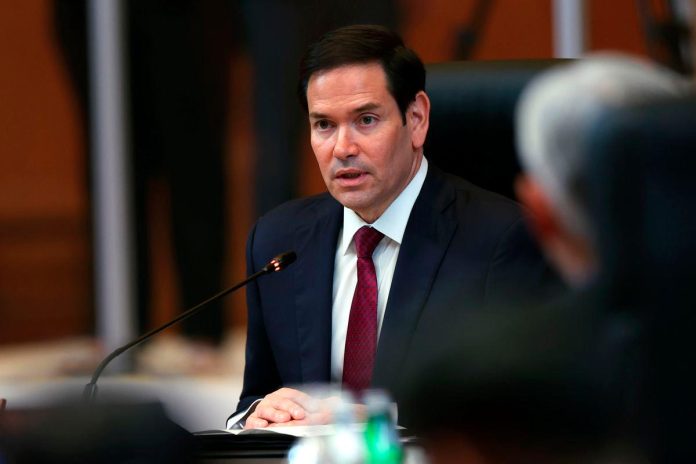KUALA LUMPUR: The United States is actively negotiating with ASEAN member states during the 58th ASEAN Foreign Ministers’ Meeting to advance discussions on reciprocal tariffs. US Secretary of State Marco Rubio emphasised that adjustments remain possible, though markets require clarity ahead of the August 1 implementation deadline.
Rubio stated, “But the markets demand certainty, so we need to let everyone know what the baseline (tariff) is starting Aug 1. But these talks continue. There will be talks next week with Japan. There are ongoing talks with virtually every country represented here.”
The US recently imposed new tariffs between 25% and 40% on 14 nations, with President Donald Trump extending the enforcement deadline to August 1. Rubio clarified that all affected countries will receive formal notifications regarding trade rebalancing efforts. He noted, “The president has been clear. He felt that the status of global trade was unfair to American workers and the American economy, and this is an effort to rebalance that on a global scale.”
Despite the tariff adjustments, Rubio suggested that Southeast Asian nations might receive comparatively favourable rates, potentially benefiting regional economies. He reaffirmed Washington’s commitment to strengthening Indo-Pacific partnerships, particularly in trade and security.
Rubio also praised recent trilateral cooperation with Japan and the Philippines, citing progress on maritime security and economic development. “We work very closely with Japan and the Philippines and continue to build upon that partnership,” he said.
Highlighting Southeast Asia’s economic significance, Rubio pointed out that over 6,000 US firms operate in the region, drawn by its growth potential. He described the area as “the youngest part of the world demographically,” underscoring its long-term strategic value. – Bernama








